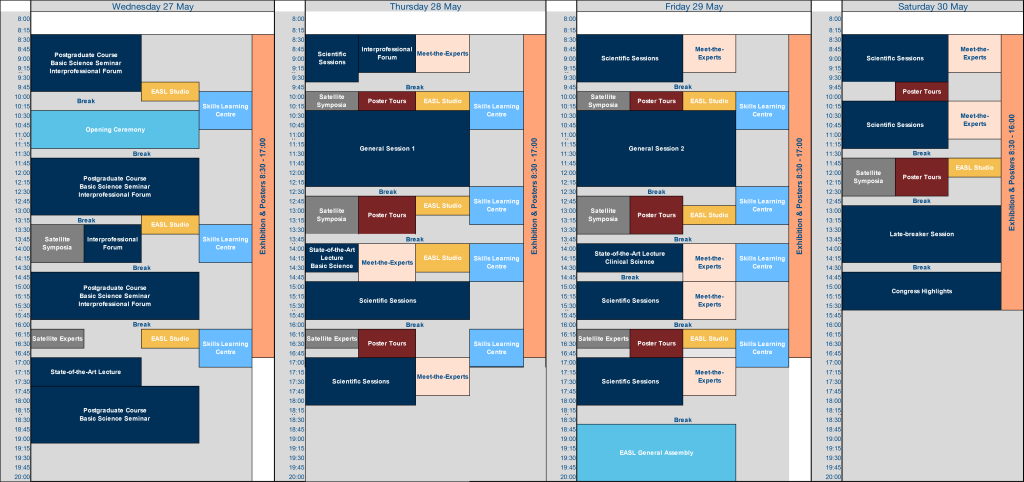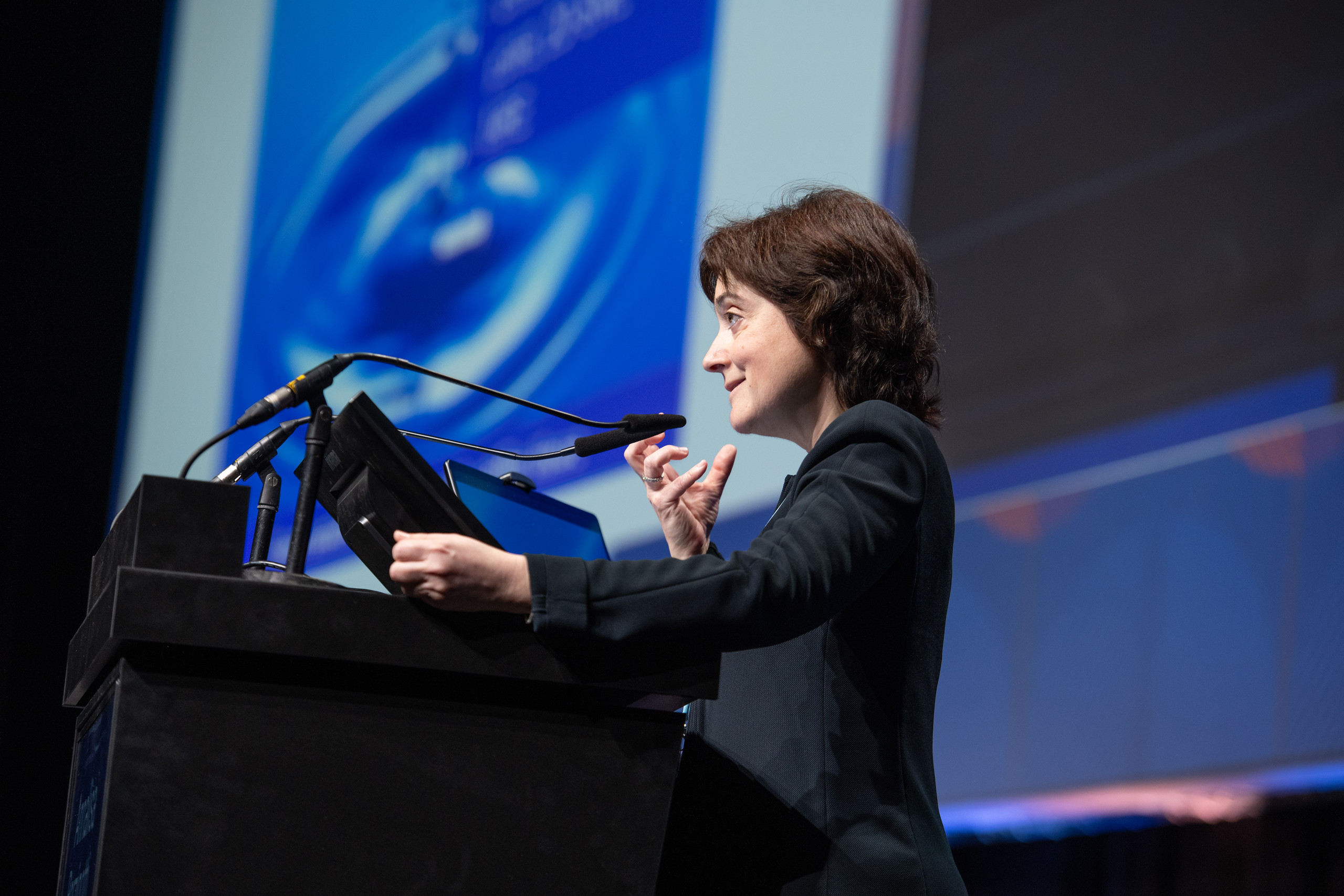Focused on what interests you most
The EASL Congress scientific programme is tailored to various specialties and all levels of expertise in hepatology. Our lineup includes symposia, debates, do’s and don’ts, workshops, ‘Meet-the-Experts’ lectures, and hands-on skills enhancing sessions, designed to heighten your understanding of the field. EASL Congress 2026 is an immersive experience, set to provide you with a valuable platform for learning and collaboration in hepatology.
Track overview
The EASL Congress scientific programme covers nine tracks in hepatology and offers sessions tailored to your specialty.
The metabolism, alcohol and toxicity track will bring you the most up-to-date advances in the diagnosis, treatment, and management of MASLD, MASH, ALD, and MetALD. From the first approved therapies for MASH to precision medicine and digital health tools in alcohol-related liver disease, sessions will showcase how innovation is shaping clinical practice. Expert-led discussions will cover nutrition, biomarkers, transplant considerations, and the timing of therapies in severe cases. You will also gain practical insights into managing clinical heterogeneity in MASLD, addressing abstinence requirements, and improving quality of life and survival for patients.
The cirrhosis and complications track will deliver the latest insights into portal hypertension, decompensation, and systemic complications of advanced liver disease. Sessions will take you from fundamental concepts to the newest consensus and clinical trials shaping future practice. Interactive formats will address challenging scenarios such as anticoagulation in cirrhosis, hepatic encephalopathy, and pulmonary complications, while expert discussions will guide you through real-world management of complex patients.
The liver tumours track will provide a comprehensive update on the evolving landscape of liver cancer research and care. From novel systemic and immune-based therapies to advances in surgical management, you will gain a 360° view of the strategies shaping outcomes for patients. Sessions will address the unique challenges of MASLD-related HCC, the diagnosis and treatment of rare primary liver tumours, and the management of immune-related adverse events. With a strong focus on innovation and multidisciplinary perspectives, this track ensures you are up to date on the most pressing issues in hepatocellular carcinoma and beyond.
The viral hepatitis track will highlight both the progress and the remaining challenges in tackling HBV, HCV, and HDV. Sessions will cover evolving therapeutic strategies, from novel agents and curative approaches in HDV to the clinical management of patients after HCV cure. Experts will explore pressing issues such as point-of-care diagnosis, reinfection, pregnancy, and liver transplantation in viral hepatitis. You will also gain insights into the role of liver tissue in advancing research and clinical development, as well as the global efforts to harmonise HBV terminology and treatment guidelines.
The immune-mediated and cholestatic diseases track will bring you the latest advances in the management of PBC, PSC, AIH, and rare cholestatic disorders. Sessions will address practical challenges in diagnosis, surveillance, and treatment positioning, while also exploring variant syndromes and acute presentations. Cutting-edge research on steroid-sparing strategies and precision medicine will be highlighted, offering a glimpse into the future of care. With expert-led discussions and case-based insights, this track will equip you with both state-of-the-art knowledge and practical tools for daily clinical practice.
The general hepatology track will provide a broad view of topics that cut across liver diseases and clinical practice. Sessions will cover emerging strategies for population-level screening, evolving endpoints in vascular disorders, and the management of complex conditions such as polycystic liver disease. A strong focus will also be placed on mental health in chronic liver disease, offering practical guidance for an often-overlooked aspect of patient care. This track is designed to equip you with insights that enhance both clinical decision-making and holistic patient management.
The Public Health sessions will address the burden of liver disease on a European landscape of risk factors. A particular focus will be placed on alcohol and metabolic liver diseases and the urgent need for screening and prevention as well as the road to elimination of viral hepatitis.
The basic science track will cover the latest updates on mechanisms and treatment targets for different liver diseases.
You will have a chance to learn more and update yourself on the many topics including extracellular vesicles in liver pathology, the role of miRNA/lncRNA in liver disease and basic and translational regenerative hepatology.
The liver transplant and surgery track will focus on the latest challenges and innovations in transplantation and surgical care. Sessions will explore evolving allocation principles, strategies to manage complex transplant candidates, and practical guidance on bridging patients with advanced liver failure to transplantation. The track also highlights collaborative symposia with ELITA and ILTS, offering a multidisciplinary perspective on how to improve access and outcomes. Looking ahead, you will gain insights into the future of transplant medicine, including the move towards personalised immunosuppression for liver transplant recipients.
Session formats

MEET-THE-EXPERTS
MEET-THE-EXPERTS
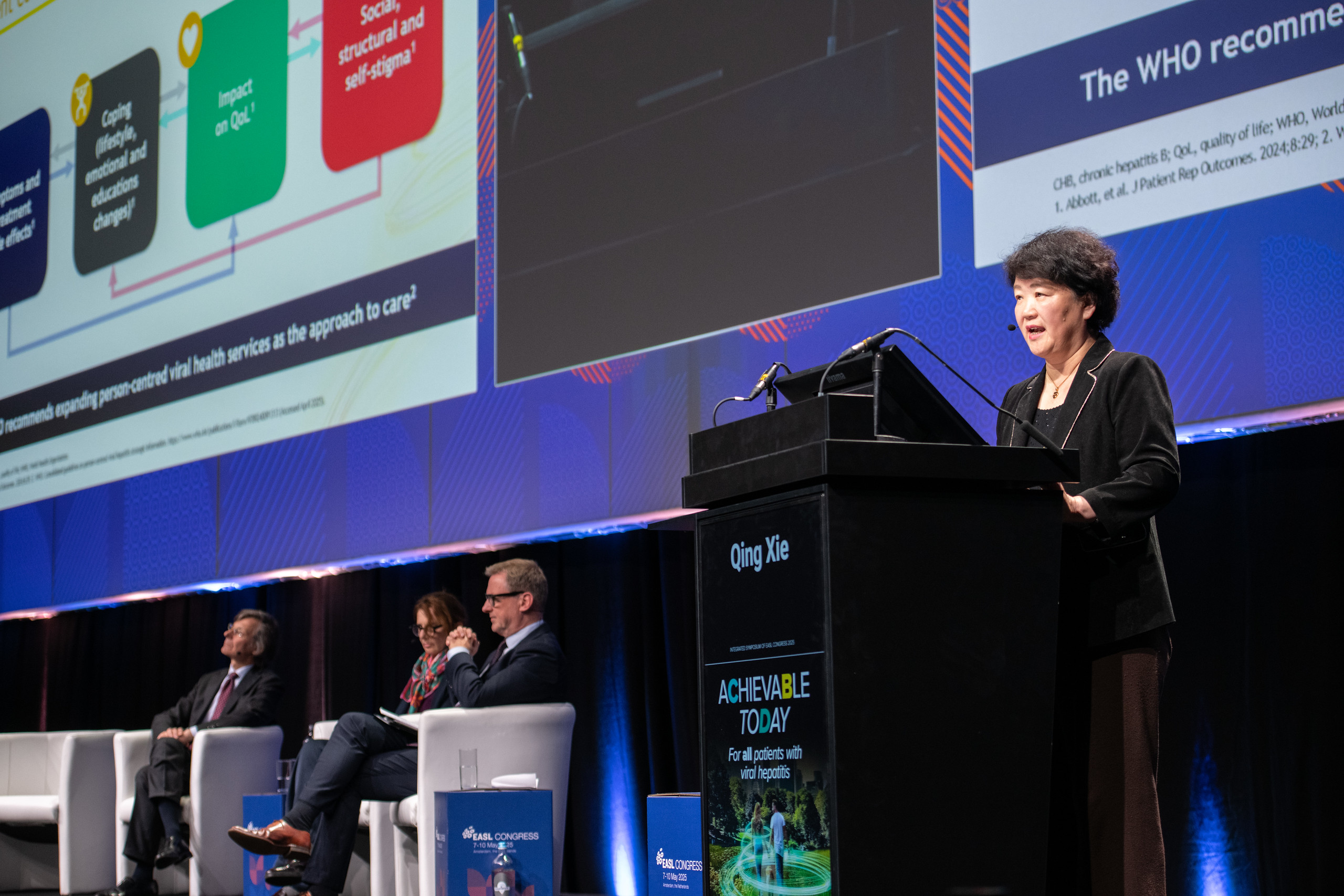
SYMPOSIA
SYMPOSIA
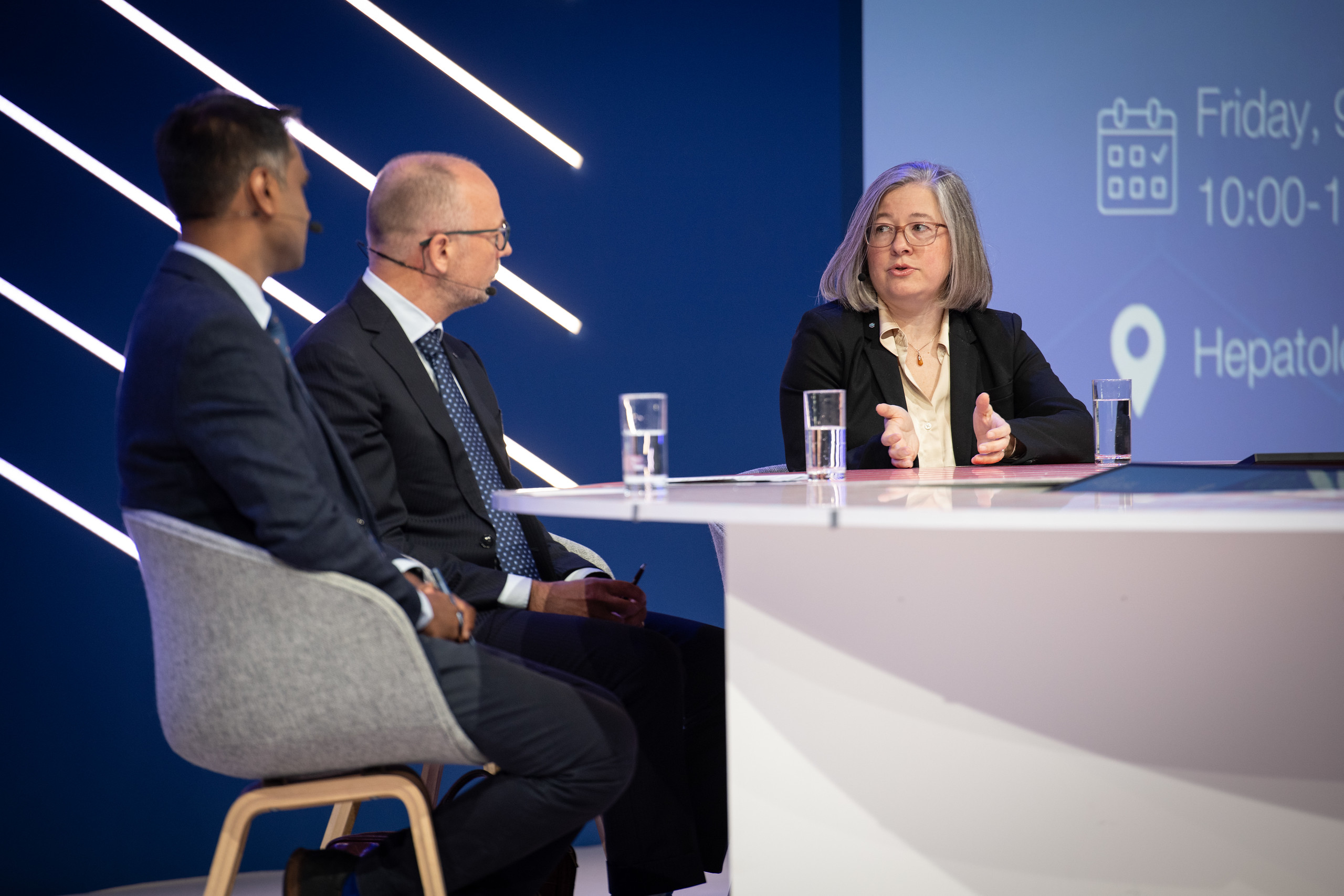
HEPATOLOGY ARENA
HEPATOLOGY ARENA
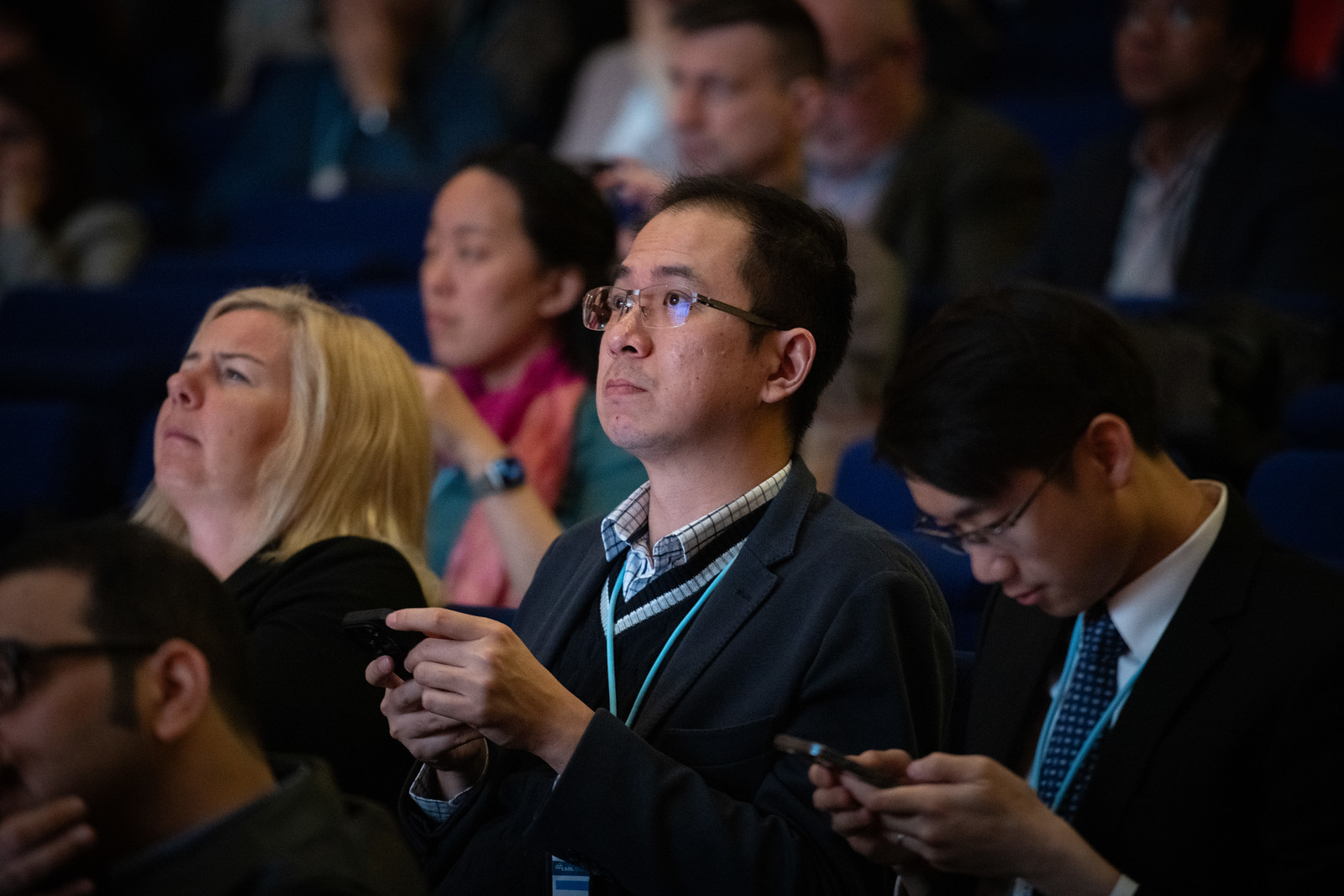
DO'S & DON'TS
DO'S & DON'TS

EASL STUDIO
EASL STUDIO

THE ROAD AHEAD
THE ROAD AHEAD
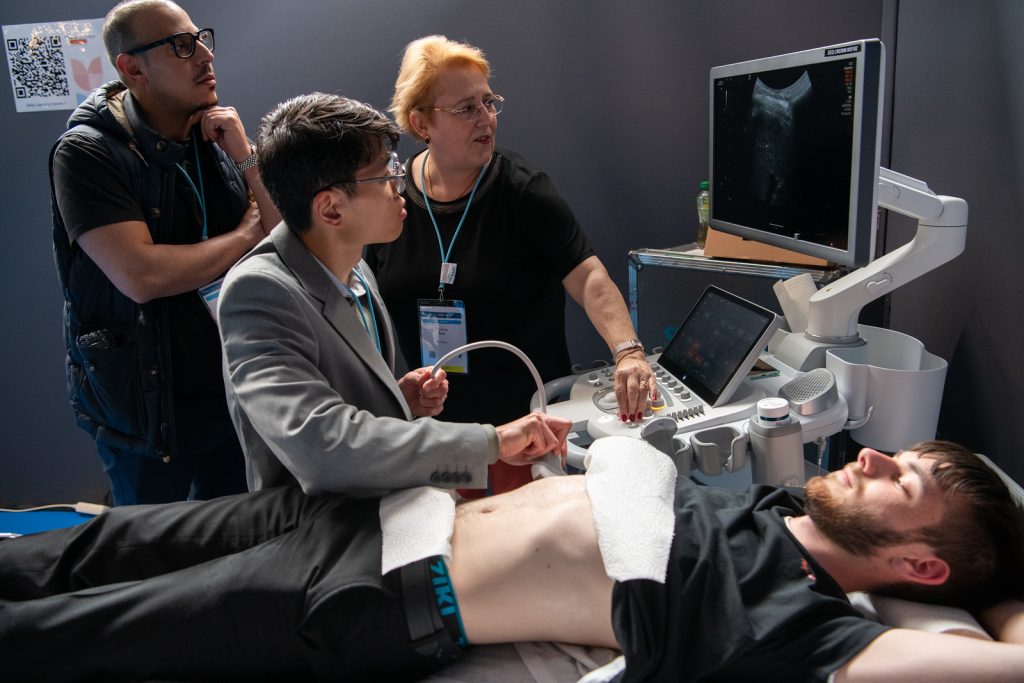
SKILL LEARNING CENTRE
SKILL LEARNING CENTRE

WORKSHOPS
WORKSHOPS

TRACK HUBS
TRACK HUBS
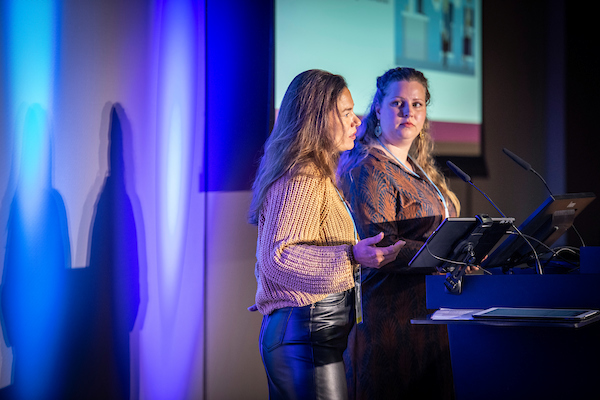
INTERPROFESSIONAL FORUM
INTERPROFESSIONAL FORUM

PATIENT FORUM
PATIENT FORUM
EASL POLICY REGARDING EXTERNAL MEETINGS, ANCILLARY MEETINGS AND BLACKOUT TIMES
In order to maximise delegate engagement at EASL Congress we kindly ask organisations, companies and institutions to not organise offsite meetings during EASL Congress hours:
- Tuesday, 26 May 2026 — 07:00 to 20:30
- Wednesday, 27 May 2026 — 07:00 to 20:30
- Thursday, 28 May 2026 — 07:00 to 20:30
- Friday, 29 May 2026 — 07:00 to 20:30
- Saturday, 30 May 2026 — 07:00 to 23:00
For further information and availability of onsite meeting facilities please contact easlcongress@easloffice.eu

